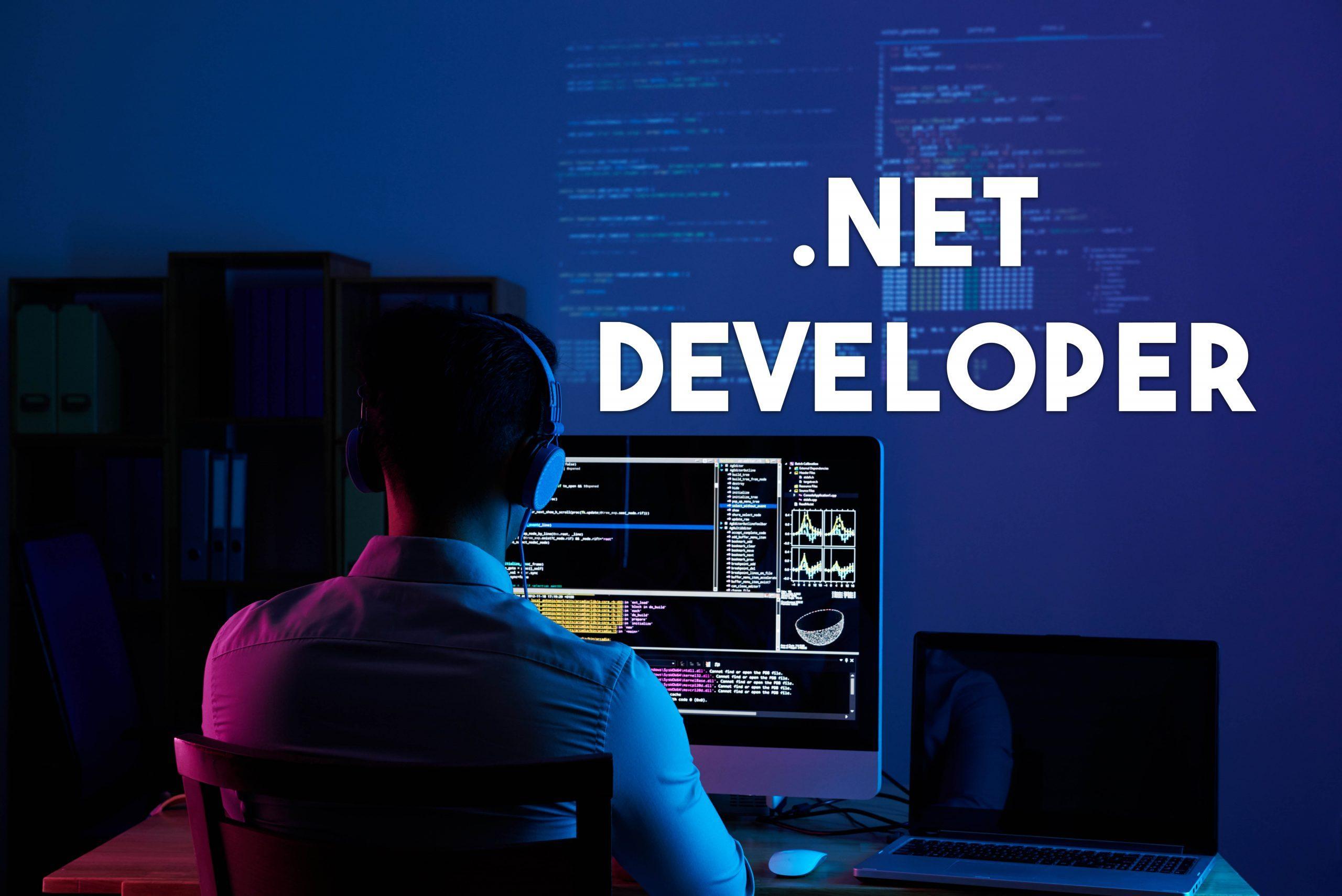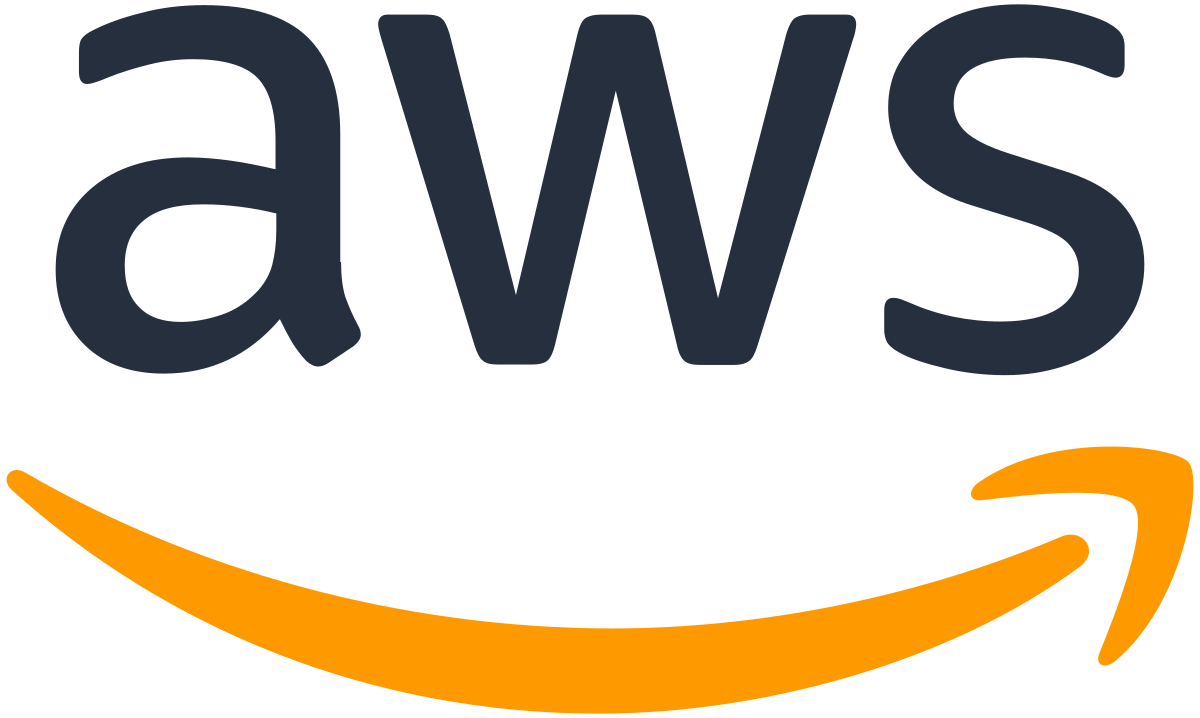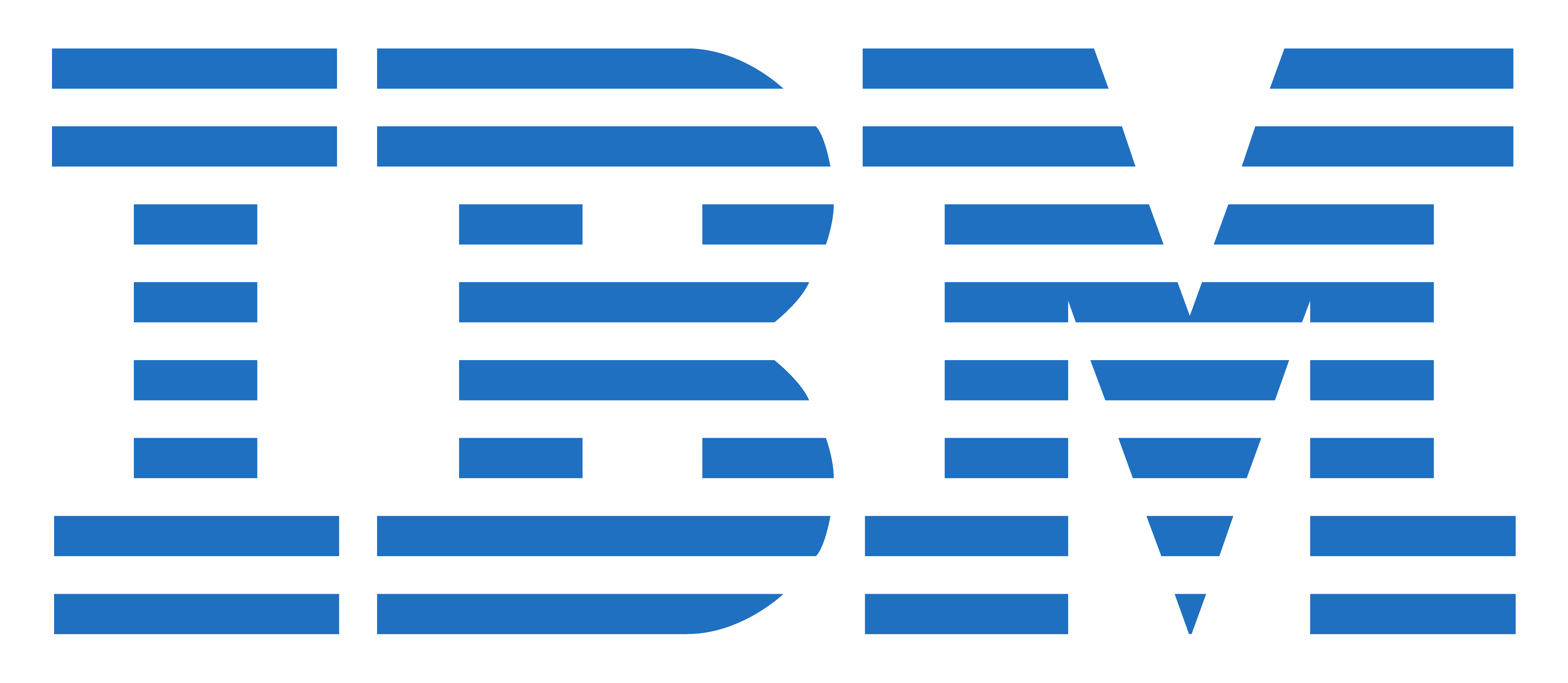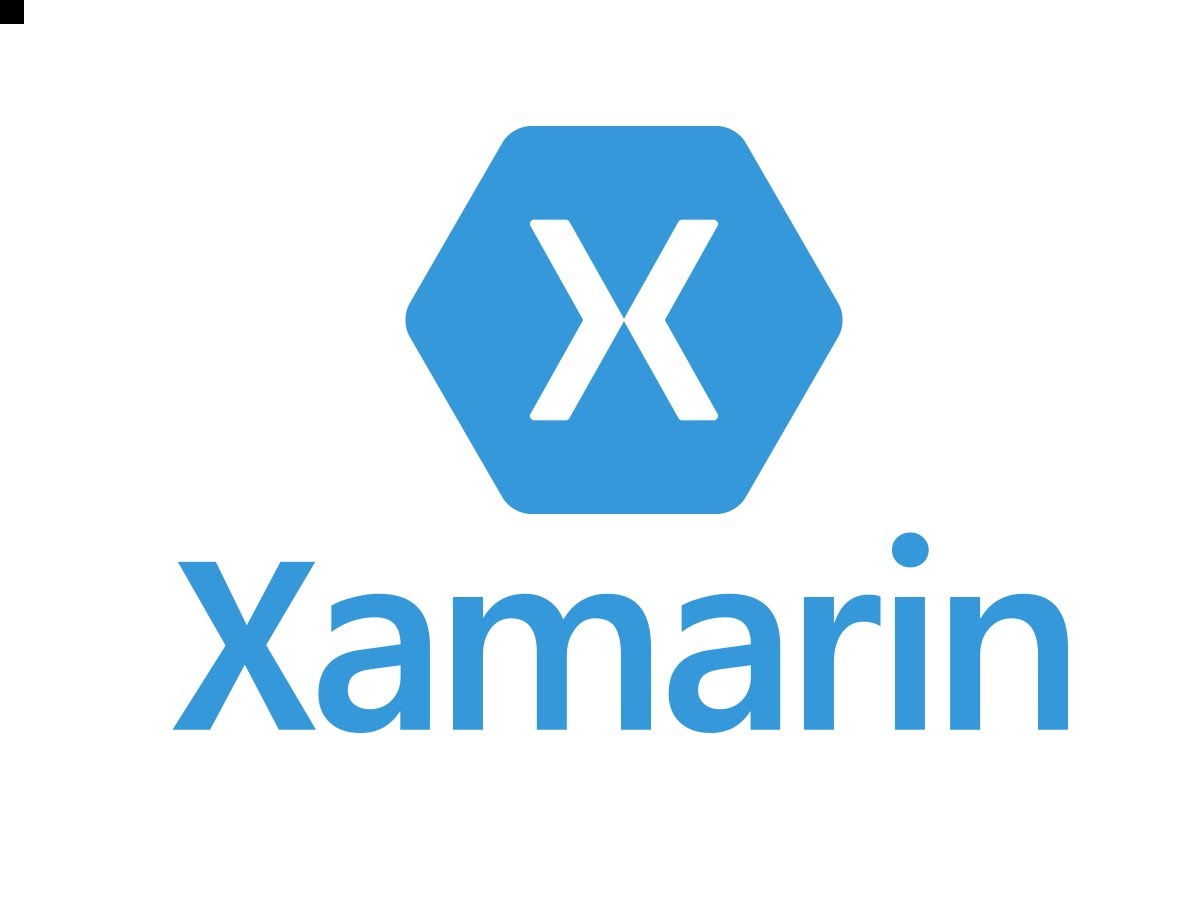
INTRODUCTION
The .NET technology landscape has grown exponentially in the past few years, and the USA is at the forefront of innovation. In 2023, there will be a number of companies leading the charge in building innovative solutions. NET.

Microsoft is one of the largest contributors to the .NET ecosystem, offering tools such as Visual Studio, Azure, and Xamarin. Other key players include Telerik and Progress Software, which offer development platforms and services for .NET developers. Additionally, Amazon Web Services, Google Cloud Platform, and IBM provide cloud services that enable .NET applications to scale and be deployed in the cloud.
Finally, open-source communities like .NET Foundation, ASP.NET Core, and Xamarin have been instrumental in driving innovation. NET. These organizations provide invaluable resources, support, and guidance to developers around the world.
IMPORTANCE
The importance of .NET companies in the United States in 2023 is becoming increasingly apparent. This can be seen in the number of major corporations that are investing heavily in .NET technology, including Microsoft, Amazon, and Google. This is due to a number of factors, such as the scalability and customizability of the technology, its ease of use, and the advantages it offers compared to other programming languages.
In terms of scalability, .NET is able to easily scale with the growth of a business’s needs, allowing businesses to develop applications quickly without needing to switch languages every time. Furthermore, .NET can also easily be customized to fit specific needs, allowing businesses to tailor their software without compromising on performance.

Another advantage that .NET has over other programming languages is its ease of use. The language is designed to be user-friendly, meaning developers don’t need to spend too much time learning a new language or debugging errors. In addition, .NET is an open-source platform, making it easier for others to contribute to the development process.
Lastly, .NET technology is becoming increasingly popular among businesses because of its ability to bridge multiple operating systems and platforms. As businesses look for ways to reduce costs and increase efficiency, .NET technology offers an easy solution. This makes it an ideal choice for companies looking to build new applications or update existing ones.
Overall, .NET technology is becoming increasingly important for businesses in the United States in 2023. With its scalable and customizable features, ease of use, and platform-bridging capabilities, there are many reasons why businesses should choose .NET when developing software.
Here are the top 10 best dotnet companies in USA in 2023
Microsoft – Microsoft is one of the world’s largest technology companies, with a portfolio spanning computer hardware, software, online services, and more. Founded in 1975 by Bill Gates and Paul Allen in Albuquerque, New Mexico, Microsoft is now a global enterprise with offices in over 190 countries around the world.
Microsoft produces Windows operating systems, Office productivity software, Surface personal computers, Xbox gaming consoles, Azure cloud computing services, the Bing search engine, LinkedIn professional networking services, and the Microsoft Teams collaboration platform.
Microsoft also offers IT solutions, such as machine learning algorithms, data analytics, enterprise mobility, data storage and security services. Microsoft has some of the most advanced research labs in the world, as well as a team of experts who are actively developing new technologies in areas such as artificial intelligence, quantum computing, and augmented reality.
Microsoft also maintains a commitment to corporate responsibility, from its environmental initiatives to its Workplace Giving Campaign, which contributed $1 billion to philanthropic causes in 2020 alone. With its focus on creating innovative products and services for customers, Microsoft is set to remain a leader in the tech industry for years to come.
Amazon Web Services – Amazon Web Services (AWS) is a cloud computing platform owned by Amazon. It provides on-demand services that enable users to access virtual machines, compute services, storage, databases and other web services over the Internet with pay-as-you-go pricing. AWS was first launched in 2006 and has since become one of the largest cloud service providers in the world.

AWS offers infrastructure as a service (IaaS), software as a service (SaaS), platform as a service (PaaS) and backend as a service (BaaS). This range of services allows developers and businesses to build applications quickly and easily, without having to worry about managing the underlying infrastructure.
AWS also provides managed services such as Elastic Compute Cloud (EC2), Relational Database Service (RDS), Elastic Block Storage (EBS), Simple Queue Service (SQS) and more. These services allow users to quickly deploy and manage applications without needing to set up the underlying hardware or software.
AWS also offers analytics services such as Kinesis, RedShift and Data Pipeline. These services enable businesses to analyze data quickly and identify trends and insights. Additionally, AWS provides machine learning services such as SageMaker, which makes it easier to create and train sophisticated machine learning models.
AWS also provides security services such as Identity and Access Management (IAM), Key Management Service (KMS), and CloudTrail. These services enable users to secure their applications and data from unauthorized access.
Overall, Amazon Web Services is a powerful cloud computing platform for businesses and developers to develop, deploy and manage applications quickly. With its wide range of services, AWS provides an easy way to scale applications and analyze data quickly and easily.
Google Cloud Platform – Google Cloud Platform is a suite of cloud computing services that runs on the same infrastructure that Google uses internally for its end-user products, such as Google Search and YouTube.
It provides a range of services, including Compute Engine, App Engine, Cloud Storage, BigQuery, Cloud Machine Learning Engine, Cloud Bigtable, Cloud Spanner, Google Kubernetes Engine and more. Google Cloud Platform also offers various managed services, including Identity and Access Management (IAM), Networking, Security, Storage, Databases, and Monitoring.
Compute Engine is a virtual machine service offering compute capacity in the form of virtual CPUs and memory. It allows users to run applications with Linux or Windows operating systems and scale workloads efficiently by adding more CPU and memory resources. On-demand instances can be spun up quickly and configured for specific needs.
App Engine is a platform as a service that allows developers to develop applications without having to manage any infrastructure. App Engine supports multiple programming languages, including Java, PHP, Go, Python and Ruby. It includes libraries, tools and services to develop and deploy applications quickly.
Cloud Storage is a scalable, durable, and highly available object storage service. It stores unstructured data, including images, videos, audio, and documents. It offers both strong consistency and eventual consistency to meet an application’s performance requirements.
BigQuery is a serverless, fully managed cloud data warehouse service that enables fast, interactive analysis of large datasets. It supports ANSI SQL queries and allows users to query data stored in tables or views hosted in BigQuery.
Monitoring helps administrators monitor the health and performance of their applications and services. With insights into resource usage and performance, they can be sure they are running efficiently and prevent outages.
IBM – IBM (International Business Machines Corporation) is a multinational technology company with operations in more than 170 countries. Founded in 1911, IBM has become one of the world’s most successful and influential companies, inventing some of the most iconic products and services in the tech industry.

Since its founding, IBM has led the development of groundbreaking technologies such as the first commercial computers, the Universal Product Code (UPC), magnetic stripe cards, and the System/360 mainframe computer. In recent years, the company has continued to innovate, introducing advancements such as artificial intelligence, blockchain, quantum computing, and cloud computing.
IBM is divided into four business segments: Cognitive Solutions, Global Business Services, Technology Services & Cloud Platforms, and Global Financing. The company serves clients in both the public and private sectors, specializing in IT infrastructure, software engineering, digital transformations, research, healthcare, security services, and more.
IBM also engages in corporate responsibility initiatives and philanthropic work, with a focus on environmental sustainability, diversity & inclusion, and STEM education.
IBM employs over 350,000 people globally and has offices on six continents. The company is headquartered in Armonk, New York, and generated $79 billion in revenue in 2020. IBM has been recognized by numerous organizations for its leadership, including Fortune Magazine’s “World’s Most Admired Companies” list and the Human Rights Campaign Foundation’s “Best Places to Work for LGBTQ Equality” list.
Oracle – Oracle is a multinational technology company based in Redwood Shores, California. It specializes in developing and marketing computer hardware systems and enterprise software products, particularly its own brand of database management systems.
Oracle was founded by Larry Ellison, Bob Miner, and Ed Oates in 1977, and has since grown to become one of the largest companies in the world. Oracle is a leader in the database market, offering customers a wide range of sophisticated database solutions for both small businesses and enterprise customers.
Oracle also offers middleware software applications such as application server products, enterprise application integration, content management systems, customer relationship management (CRM) solutions, and Enterprise Performance Management (EPM). Additionally, Oracle provides cloud-based technologies such as platform-as-a-service (PaaS), infrastructure-as-a-service (IaaS), and software-as-a-service (SaaS).
These cloud services provide customers with access to high-performance computing resources, data storage, networking, and other functions on demand. Oracle also offers professional services, including consulting, support, and training, to help customers build, deploy, maintain and optimize their IT systems.
Oracle continues to innovate and invest in research and development, as well as acquisitions, to expand its portfolio of offerings and keep up with changing technology trends and customer needs.
Xamarin – Xamarin is a software company that provides tools for developing cross-platform mobile applications. Founded in 2011, Xamarin was acquired by Microsoft in 2016 and is now used by over 15 million developers worldwide to build native iOS, Android, and Windows apps with shared code.

With Xamarin, developers can write code in C# and share it across multiple platforms. It also allows developers to create user interfaces with Xamarin Forms and access native functionality on each platform. Xamarin provides extensive libraries and frameworks, including Xamarin.iOS, Xamarin.Android, and Xamarin.Mac, as well as Xamarin Studio and Visual Studio IDEs.
The company has a comprehensive set of APIs and services that make the development process easier and faster. They include cloud services, analytics and monitoring, DevOps tools, testing, and certification services. Xamarin also offers an integrated solution for mobile app development as well as a variety of options for web and hybrid solutions.
Xamarin is committed to providing developers with the best tools available and is continually expanding its offerings. By making mobile development accessible to everyone, Xamarin is helping to revolutionize how the world builds apps and experiences.
Red Hat – Red Hat is a leading provider of open-source software solutions, offering enterprise-grade technology that is backed by an extensive global community of experts. Founded in 1993, Red Hat has grown to become one of the world’s largest and most influential companies in the open-source community.
Red Hat provides comprehensive support services, training, and consulting to customers around the world. It also offers enterprise-level software products, such as Linux operating systems and virtualization software, as well as the open source databases, applications, and cloud solutions.
Red Hat is committed to creating an open and secure computing environment, providing customers with reliable and innovative technologies that enable them to develop, deploy, and manage applications faster and more efficiently. Red Hat’s products are designed to meet the needs of businesses of all sizes, ranging from small startups to large enterprises.
With its strong focus on innovation and customer satisfaction, Red Hat has been able to establish itself as a leader in the open-source community and a recognized provider of high-quality products and services.
Dell Technologies – Dell Technologies is a leading global technology company that provides innovative products and services to help customers unlock the power of their data. Founded in 1984 by Michael Dell, Dell Technologies provides a comprehensive portfolio of IT infrastructure, including servers, storage, networking, software, and services, as well as a range of enterprise solutions and end-user devices, such as laptops, desktops, tablets, and phones.

Dell Technologies has operations in more than 180 countries, with over 140,000 employees worldwide. Dell Technologies offers its customers an extensive range of products and services designed to help them get the most out of their IT investments.
From cloud computing and big data to cybersecurity, analytics, and mobility, Dell Technologies equips its customers with the latest technologies to help them stay ahead of the competition. The company is also one of the leading providers of virtualization and other advanced IT solutions for businesses and organizations of all sizes.
Dell Technologies strives to give its customers the best value for their money and provide them with the latest technologies to help them achieve their goals. Additionally, Dell Technologies is committed to innovation and sustainability, investing in research and development in areas such as artificial intelligence, machine learning, blockchain, and quantum computing.
With a focus on providing world-class customer service and solutions, Dell Technologies is dedicated to helping its customers succeed in today’s ever-changing digital economy.
HPE – HPE is a global technology company that provides a suite of products, services and solutions to businesses. Their offerings include cloud computing, analytics, storage solutions, software, data center infrastructure, enterprise mobility, cybersecurity solutions and more.
HPE has over 160,000 employees in 150 countries, as well as offices in 170 countries across the globe. Their mission is to help customers accelerate their digital transformation initiatives, helping them drive innovation and increase efficiency. HPE also works to develop new technologies and solutions to enable businesses to become more agile and competitive.
HPE has been recognized as a leader in providing industry-leading technology for many years, and their portfolio of products, services, and solutions span multiple industries. Their Hyperconverged Infrastructure (HCI) platform, which combines compute, storage, and networking into one integrated system, is designed to reduce complexity and improve scalability.
They also have expertise in leveraging machine learning and AI to deliver smarter insights and enable rapid decision-making. HPE’s cloud services provide an open, secure platform to help customers quickly adapt to changing customer needs and IT environments. Finally, HPE is focused on creating a data-driven culture that supports organizations’ efforts to gain competitive advantage through data-driven decision-making.
Epic Systems Corporation – Epic Systems Corporation is a leading health care software company based in Verona, Wisconsin. Founded by CEO Judy Faulkner in 1979, Epic provides comprehensive electronic medical records, billing, and scheduling services to hospitals, clinics, and other health care providers. Epic works with over 300 organizations worldwide and serves over 200 million patients.

Epic’s software is designed to help physicians, nurses, and other health care professionals provide better patient care. It includes features such as electronic prescribing, order tracking, interactive patient education, patient-doctor messaging, digital health records, and data analytics to assist in making informed decisions. Epic also offers numerous specialized modules for different types of health care, such as radiology, cardiology, oncology, and pediatrics.
In addition to its core products, Epic has an extensive library of third-party applications from vendors. These applications are designed to connect providers with additional tools, such as telemedicine and remote patient monitoring devices. Moreover, Epic offers services such as consulting, training, and customer support.
Epic’s main mission is to improve the quality of health care through technology. The company has taken many steps to ensure customer satisfaction. For example, Epic ensures strict data security compliance and regularly updates its systems with new features and bug fixes.
From its humble beginnings in Wisconsin, Epic has grown into a global leader in the healthcare software industry. With its cutting-edge technology, innovative products, and excellent customer service, Epic continues to provide meaningful solutions and improve the patient experience.
CONCLUSION
In 2023, the .NET software development industry in the United States is thriving. There are a variety of companies offering services for creating web pages, mobile applications, and enterprise solutions. Microsoft’s .NET platform is widely used by businesses of all sizes, ranging from startups to large corporations.
The open-source NET Core framework is increasingly popular and provides developers with an efficient way to develop cross-platform applications. Additionally, there are many other third-party libraries available that offer extended functionality.
In conclusion, the .NET software development industry in the United States has proven itself to be a reliable, cost-efficient, and powerful solution for businesses of all sizes.




